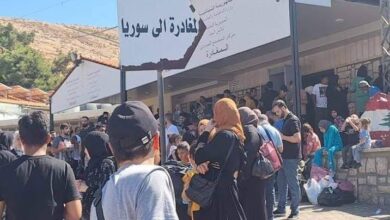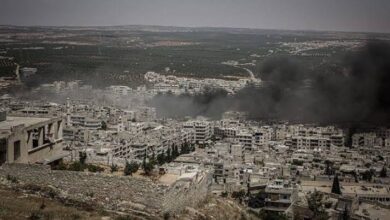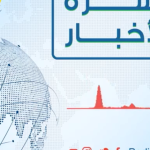
A Turkish-Russian meeting to discuss common relations, especially the Syrian file
Turkish Foreign Minister Mevlut Cavusoglu met with his Russian counterpart Sergey Lavrov, on Tuesday, to enhance cooperation between Ankara and Moscow, and discussed the latest developments in the Syrian file.
This came during a joint press conference between the two ministers, in the Russian city of Sochi, to discuss the two countries’ common relations.
Russian Foreign Minister Sergey Lavrov said that Russia is satisfied with the high level of bilateral relations between the two countries, stressing that “the two parties are working jointly on all the issues raised.”
Regarding the situation in Syria, Lavrov stressed the need to advance work within the framework of the Astana platform, considering it “the only effective mechanism to enhance the situation on the ground in Syria.”
He specifically mentioned the interest of the two parties to advance the work of the Constitutional Committee in the fifth round of negotiations to be held next month.
Lavrov said, “I discussed with the Turkish Foreign Minister the mechanisms to continue implementing the agreements concluded on Idlib, and we pay attention to the political track, and to push the process mechanisms to settle the situation in Syria.”
For his part, Turkish Foreign Minister Mevlut Cavusoglu said: “Turkish and Russian cooperation has been fruitful in Karabakh, Libya and the Mediterranean region.”
Ihsanoglu added, “We are doing everything we can to solve the Syrian crisis, and support a political solution,” explaining, “We discussed with the Russian side issues of common interest, and we are seeking more agreements.”
He stressed that his country intends to strengthen trade relations and raise trade exchange with Russia to 100 billion dollars.
It is noteworthy that a Turkish delegation visited Russia, to discuss the Syrian and Libyan files during the Russian-Turkish consultations in Moscow, August 31 and September 1, to promote coordination in all regional files related to the situation in the Eastern Mediterranean and North Africa, especially in Libya and Syria.
Source: Agencies




